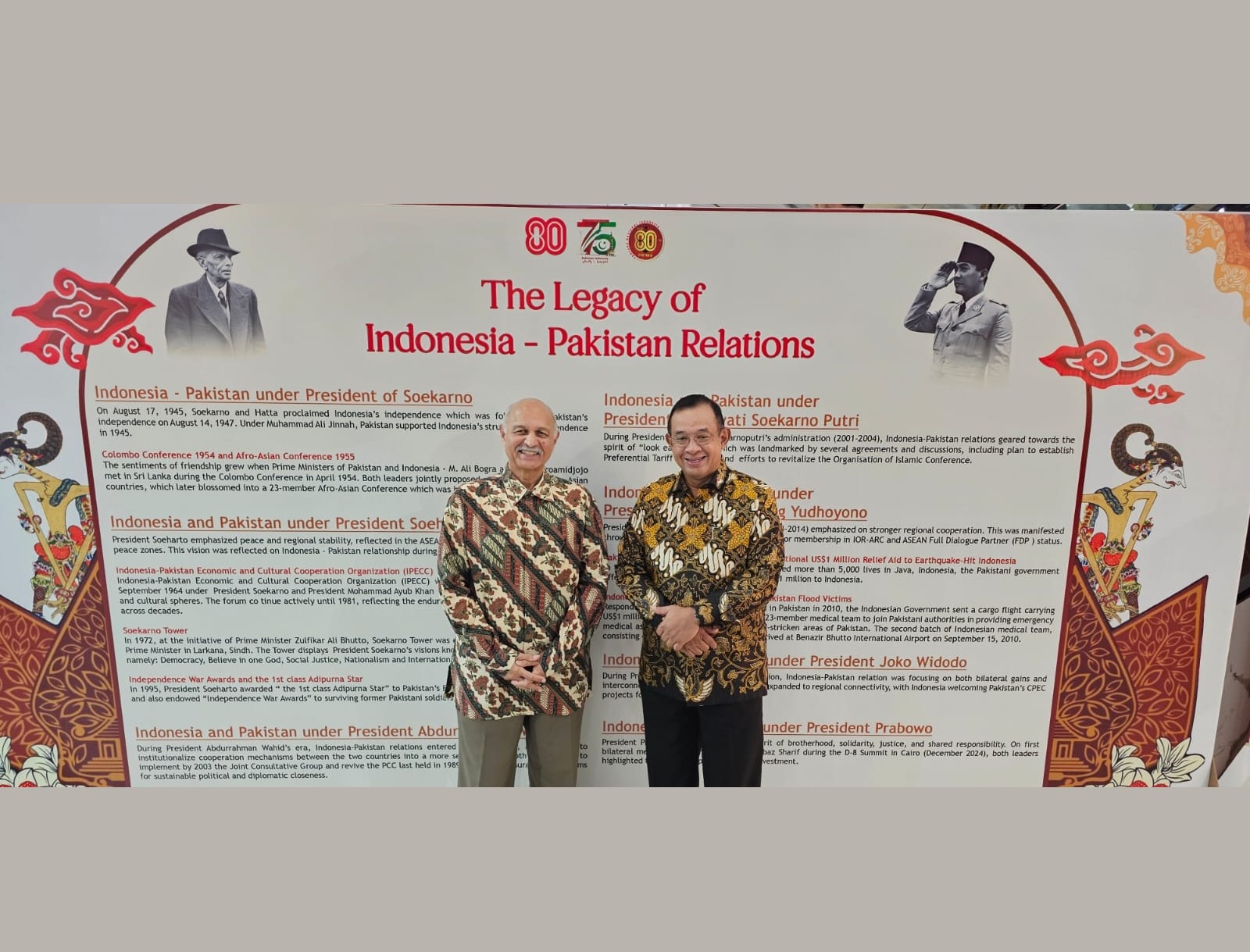Almost eight decades ago, the idea of global governance through the very institution of United Nations was conceived, but with a clear distinction among nations based upon their respective power credentials. Amongst the participants who were present at San Francisco Conference of 1945, there were few nations (Five) granted with Veto Power being the permanent members of Security Council. Since then, these Nations have been called as ‘Haves’. The rest were given a realization of inferiority, provided with a Hobson Choice to accept the status of being ‘Have-Nots’ or leave the forum. The idea of sovereign equality amongst nation was compromised rather tarnished to assuage the sense of superiority of few based upon their relative power. The insistence upon having this special status, was mainly led by the delegation of United States of America. As reported, the US Senator Tom Connally even tore apart the copy of the draft UN Charter in a very dramatic way, to clarify the intentions that America won’t permit the formation of United Nations without the special status of Veto Power “At San Francisco, the issue was made clear by the leaders of the Big Five: it was the Charter with Veto or no Charter at all”
However, this divide amongst nation may not have a long stay anymore. The recently pronounced idea of alternative global governance by Chinese President Xi Jinping contains a clear promise of sovereign equality among nations. A new norm that once truly established will serve every member of the community of nations without prejudice, or political orientation to say the least.
US Hegemony and Global Governance
The theatrics of Senator Connally set the tone as US always acted in global affairs with impunity since then. It started with denial of Chinese right of Veto to be exercised by the People Republic of China, only to be permitted in 1971. The makers of United Nations soon started Super Power rivalry with Cold war between USA and Soviet Union. This situation left other states with little choice but to act as an adjutant to the respective block leader. The end of cold war ushered a new era, where affairs of global governance was the byproduct of US hegemony and its unilateralism. The US war on Iraq in 2003 under the Pre-emptive premise, left the United Nations as almost dysfunctional. The UN role has been much below par in the crises since then. The recent wars in Middle East and Europe are the examples of the dismal failure of global governance. The Tariff doctrine of President Trump reflects clear national preference over international concerns and obligations. Against this backdrop, the need to reform the institutes of global governance is the urge of many across the globe. However, the underpinnings of any such reforms must be based upon principles of justice and sovereign equality among nations. Only then a shared future for all can be truly envisioned.
Chinese Initiative of Global Governance
President Xi Jinpingof China unveiled his global vision, while addressing the gathering of members of Shanghai Cooperation Organization Plus meeting on September 1, 2025. As remarked, “I look forward to working with all countries for more just and equitable global governance system and advancing towards a community with a shared future.” The remarkable words selection were truly the aspirations of most people then attending the 1945 San Francisco Conference. President Xi also promised to base his initiative upon a people centric approach. A true representation of the phrase “We the People of United Nations” written at the preamble of UN Charter, that has been never put into practice from theory. In addition, he resolutely shared his commitment to abide by the rule of International Law, without presenting ‘China First’ maxim. Contrary to that, the supremacist notion of ‘America First’ by President Trump during his first presidency was indeed shocking for many observers of international politics. He remarked, “My foreign policy will always put the interests of the American people and American security above all else. It has to be first. Has to be.” An instance of US bidding farewell to its own global order.
Hope or Delusion
Chinese Global Governance Initiative (GGI) indeed is the need of the hour. Reviving global governance based upon mutual trust, non-interference and respect for territorial integrity can be achieved only through practicing a multilateral diplomacy, a principle reiterated by President Xi. The Belt and Road Initiative presents a hint of Chinese global economic governance through integration. The peaceful rise of China remains a testimony of less hegemonic and more harmonious vision, as it became an industrial behemoth from an agrarian society without firing a single bullet. The idea of ‘shared future’ can only be materialized with non-violent and win-win approach. Neither colonizing any nor bullying others, China has been practicing its diplomacy on principles of peaceful engagement. Therefore, if history is indeed instructive, the GGI by China will indeed be a model of global governance without the divide of ‘haves and have nots’.

Participant of ICSF-UoS Fellowship Program 2025-26 at University of Sargodha.














